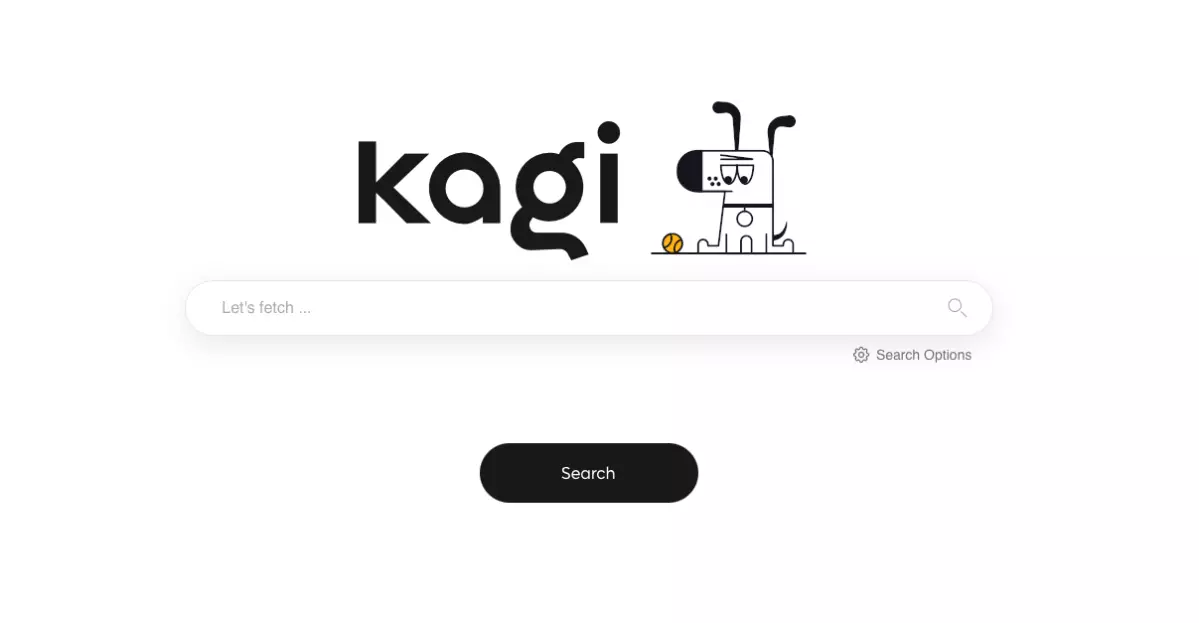In a bold move within the competitive landscape of internet search engines, Kagi has implemented a novel credit system for its users. This innovative feature allows subscribers to receive credits for any month they forget to utilize the search tool, essentially granting them a free month of service. Announced in a recent blog post, this system is described as part of Kagi’s “Fair Pricing” initiative. Unlike traditional search engines where users may feel pressured to utilize every feature for the sake of value, Kagi’s approach emphasizes user comfort and satisfaction.
Kagi’s philosophy behind the Fair Pricing model stems from an understanding that modern life can be busy, leading users to occasionally overlook the services they’re paying for. “We have implemented this for the simple reason of being kind to our users,” the company stated, recognizing that not every month will users need extensive search capabilities. This refreshing approach ensures that users feel valued and reassured that their investment isn’t going towards unused features.
The credit system effectively fosters loyalty, which is particularly important in a market dominated by free services that often come with their own sets of privacy issues. By choosing to compensate users for lapses in usage, Kagi sets itself apart from competitors by encouraging engagement without penalizing inactivity.
While many alternatives to Google, such as Perplexity and OpenAI’s SearchGPT, are relying heavily on artificial intelligence to differentiate themselves, Kagi opts for a more straightforward approach. It provides users with a list of search results directly derived from their queries, akin to traditional search engines but with an added layer of user privacy. Just as DuckDuckGo has gained traction for its no-tracking policy, Kagi emphasizes the importance of user data privacy, labeling personal data as an “unwelcome liability.”
Kagi also introduces a feature known as “lenses,” enabling users to focus their searches on specific aspects of the internet, such as academic sites or forums. Additionally, custom lenses can be created, allowing for a tailored search experience uniquely suited to individual needs. This customization stands out in a field where many search engines offer generic search experiences.
However, it’s crucial to understand that Kagi isn’t a free service thereafter; users must subscribe after a limited trial period of 100 searches. This aspect may deter potential users who are hesitant to switch from the no-cost alternatives. While Kagi’s unique pricing structure and privacy assurances are appealing, this limitation may pose challenges for widespread adoption.
Kagi’s creative initiatives to provide a user-friendly search alternative highlight the evolving dynamics in the digital search space. By offering financial incentives for user loyalty and prioritizing privacy, Kagi is pushing the envelope for what subscription-based search engines can offer. As the landscape continues to evolve, it will be fascinating to see if this approach resonates with a market increasingly skeptical of traditional search giants.

